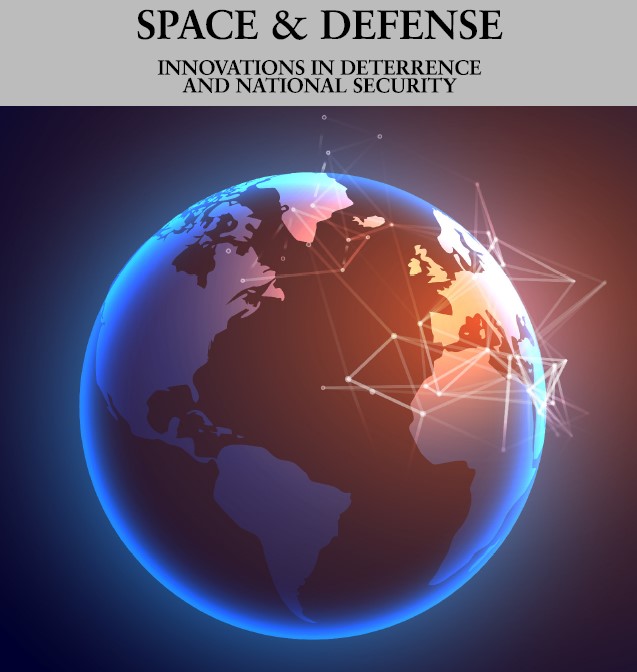Space and Defense

Abstract
In her keynote address at the 2025 USSPACECOM Legal Conference, former Assistant Secretary of State Mallory Stewart argues that law, norms, and international cooperation are central to maintaining the United States’ “decisive advantage” in outer space. She emphasizes that rules and standards—far from constraining innovation or strategic flexibility—enhance predictability, reduce risk, and empower responsible competition. Stewart highlights the success of initiatives such as the Artemis Accords, the U.S. commitment to forgo destructive direct-ascent anti-satellite (ASAT) tests, and the global expansion of Space Situational Awareness (SSA) agreements as examples of how legal and normative frameworks reinforce stability and collaboration. She contends that risk-reducing laws and norms enable higher innovation tolerance, strengthen partnerships between government and industry, and help deter irresponsible behavior in space. Stewart cautions, however, against unverifiable or poorly defined legal prohibitions—such as those banning all “weapons” in space—that could undermine existing treaty architectures. Concluding, she calls on legal practitioners to sustain, adapt, and enforce the rules-based international order in space to ensure long-term security, sustainability, and leadership for the United States and its allies.
DOI
10.32873/uno.dc.sd.16.02.1322
Creative Commons License

This work is licensed under a Creative Commons Attribution 4.0 License.
Recommended Citation
Stewart, Mallory
(2025)
"Enabling the Decisive Advantage,"
Space and Defense: Vol. 16:
No.
2, Article 10.
DOI: 10.32873/uno.dc.sd.16.02.1322
Available at:
https://digitalcommons.unomaha.edu/spaceanddefense/vol16/iss2/10
Included in
Asian Studies Commons, Aviation and Space Education Commons, Defense and Security Studies Commons, Eastern European Studies Commons, International Relations Commons, Leadership Studies Commons, Near and Middle Eastern Studies Commons, Nuclear Engineering Commons, Science and Technology Studies Commons, Space Vehicles Commons
